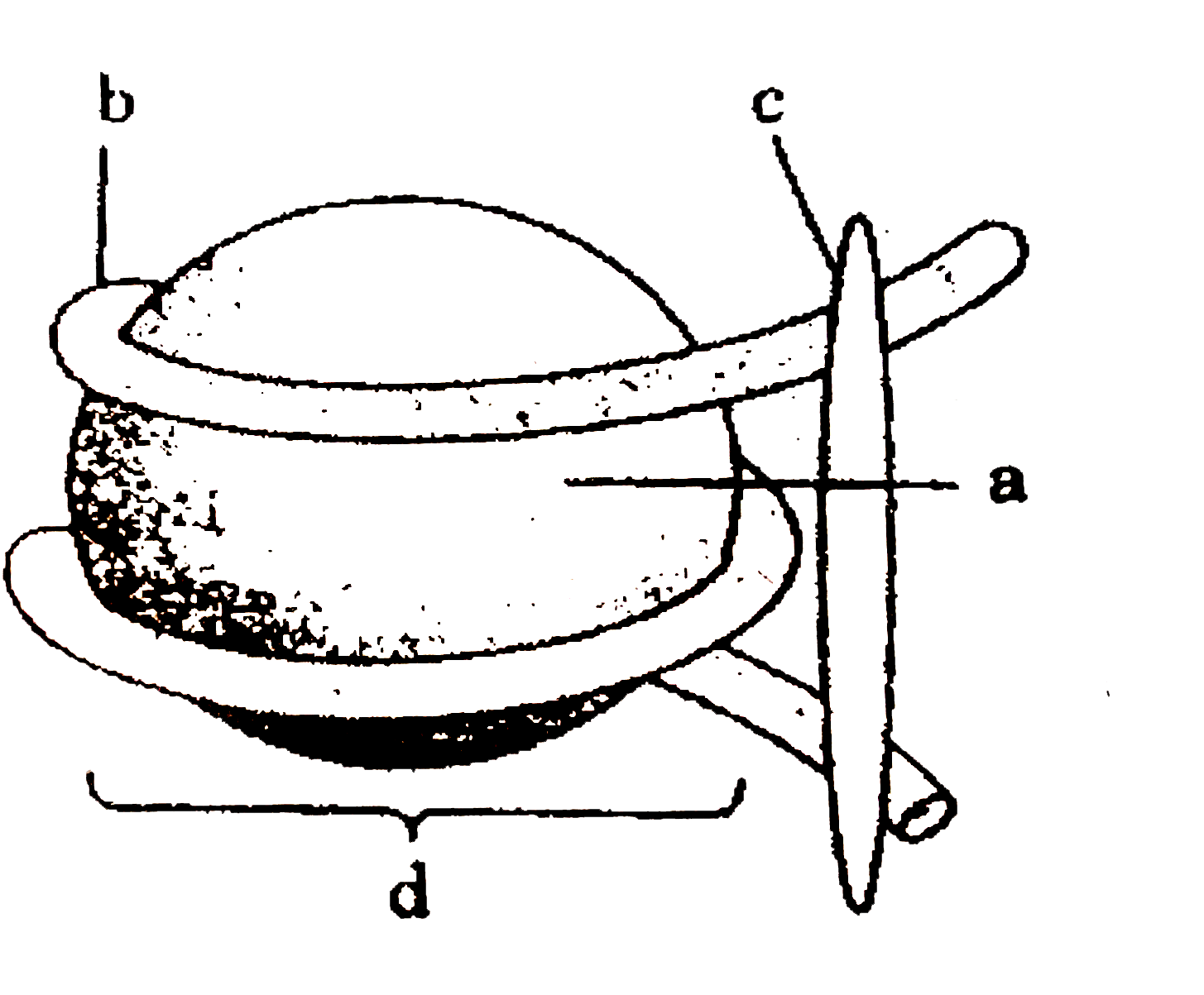An organism without true nucleus is
Bacterium
Archaebacterium
Cyanobacterium
All the above.
The correct Answer is:D
Step-by-Step Solution:
1. Understanding the Question: The question asks for an organism that does not have a true nucleus. This indicates we are looking for a type of organism that lacks a membrane-bound nucleus.
2. Identifying Organism Types: Organisms can be broadly classified into two categories based on the presence or absence of a true nucleus: prokaryotes and eukaryotes. Prokaryotes do not have a true nucleus, while eukaryotes do.
3. Defining Prokaryotes: Prokaryotes are primitive organisms characterized by the absence of a membrane-bound nucleus. The genetic material in prokaryotes is not enclosed within a nuclear membrane. Instead, it is located in a region of the cell called the nucleoid.
4. Kingdom Monera: The only kingdom that consists of prokaryotic organisms is Kingdom Monera. This kingdom includes all bacteria, which can be further classified into different types, such as:
- Eubacteria (common bacteria)
- Archaebacteria (extremophiles like methanogens and thermoacidophiles)
- Cyanobacteria (also known as blue-green algae, which perform photosynthesis but are not true algae).
5. Conclusion: Therefore, the organism without a true nucleus is a member of Kingdom Monera, which encompasses all prokaryotic organisms, including various types of bacteria.
6. Final Answer: The correct answer to the question is that an organism without a true nucleus is a prokaryote, specifically a member of Kingdom Monera.
---
- Eubacteria (common bacteria)
- Archaebacteria (extremophiles like methanogens and thermoacidophiles)
- Cyanobacteria (also known as blue-green algae, which perform photosynthesis but are not true algae).
Topper's Solved these Questions
- KINGDOM MONERA (THE PROKARYOTES)BOOK - DINESH PUBLICATION ENGLISHCHAPTER - KINGDOM MONERA (THE PROKARYOTES)EXERCISE - CHECK YOUR GRASP
20 Videos
- KINGDOM MONERA (THE PROKARYOTES)BOOK - DINESH PUBLICATION ENGLISHCHAPTER - KINGDOM MONERA (THE PROKARYOTES)EXERCISE - CHECK YOUR GRASP
20 Videos
- KINGDOM FUNGI-MULTICELLULAR DECOMPOSERSBOOK - DINESH PUBLICATION ENGLISHCHAPTER - KINGDOM FUNGI-MULTICELLULAR DECOMPOSERSEXERCISE - CYG
19 Videos
- KINGDOM PLANTAE OR METAPHYTA BOOK - DINESH PUBLICATION ENGLISHCHAPTER - KINGDOM PLANTAE OR METAPHYTA EXERCISE - CYG
20 Videos
Similar Questions
Knowledge Check
All unicellular organisms with a true nucleus were included in the kingdom:
(a) Monera
(b) Protista
(c) Fungi
(d) ProtozoaAMoneraBProtistaCFungiDProtozoaAssertion : Parthenogenesis does not play any role in organic evolution.
Reason : In parthenogenesis females develop into new organisms without fertilisation.AIf both assertion and reason are true and reason is the correct explanation of assertion.BIf both assertion and reason are true but reason is not the correct explanation of assertion.CIf assertion is true but reason is false.DIf both assertion and reason are false.
A fusion product arising out of a fusion between a protoplast containing nucleus and a protoplast without nucleus, is known as
View SolutionThe heterotrophic, eukaryotic, multicellular organism without cell wall is included in the kingdom
View Solution(a) What is this diagram representing?
(b) Name the parts a, b and c.
(c) In the eukaryotes the DNA molecules are organized within the nucleus. How is the DNA molecule organized in a bacterial cell in absence of a nucleus?

View SolutionCells of all living organisms have a nucleus.
A. True
B. False
View SolutionDuplication of chromosomes without the division of nucleus is called
View SolutionName the organism in which incipient nucleus is found.
View Solution
